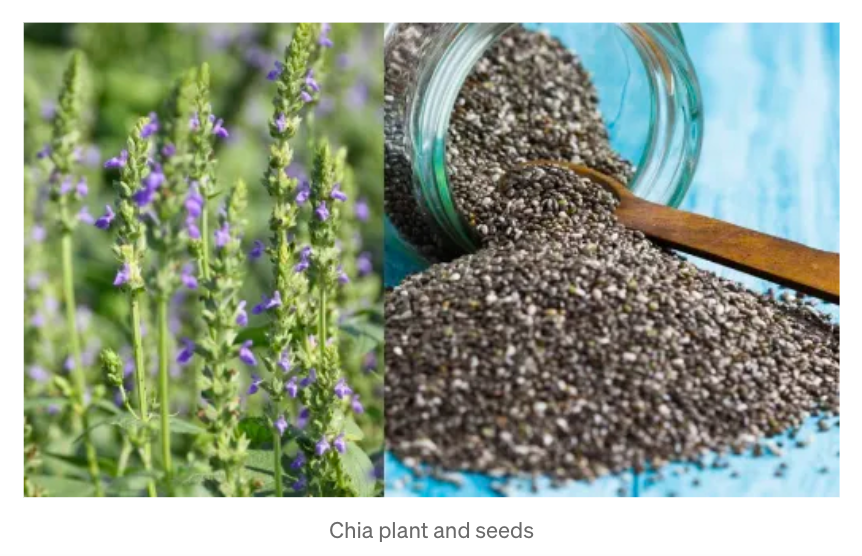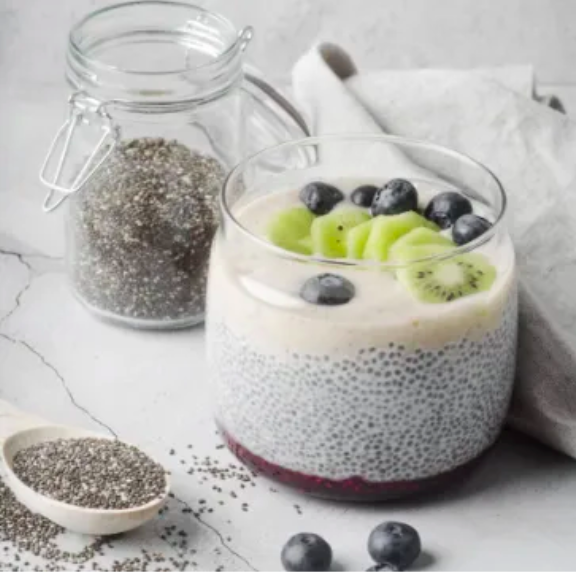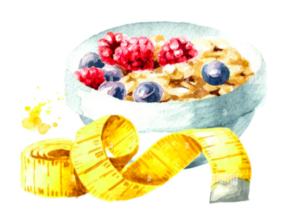DIETS: WHY THEY ARE USELESS
At this moment if you search on Google there are more than 324 different types of diets proposed, with different names and programs: why there is such a big confusion? Perhaps because behind every diet there is a business, rather than a truly useful contribution to others?
Thus the diet becomes the result of the fashion of the moment, or of a temporary (and perhaps partial and incomplete) discovery of science.
In any case, common sense leads us to understand that each individual is the result of a specific and unique process made up of experiences, emotions, internal experiences and psychophysical vicissitudes, and for this reason a diet that will be useful to me, it could be harmful and contraindicated for another person.
It is important to develop a method and not a diet: to create a different food plan and our lifestyle together, changing ourselves at 360 degrees, inside and outside.
VEGETARIAN DIETS (plant-based)
What happens to the human organism when we eat more vegetarian elements?
Excluding philosophical-religious and ethical reasons, let’s analyze the situation from a scientific point of view.
Any scientific publication testifies that eating plant-based products has positive consequences for cardiovascular circulation and oncological diseases.
BUT! if we push the diet too much towards carbohydrates and fruit (sugars), there is great organ damage, for example pre-diabetes.
The relationship between blood sugar and insulin is the one to be evaluated: this is called “HOMA index” and reports the metabolic risk of developing a problem linked to diabetes or insulin resistance or metabolic problems.
A vegetarian can have a normal blood sugar level but a pancreas that produces an abnormal amount of insulin: the pancreas is overworking, pushing the insulin to spike in the blood, therefore the blood sugar is normal, but the pancreas is overloaded. At a certain point the pancreas suddenly collapse, and the blood sugar levels increases and the person becomes diabetic (in reality was already diabetic even before, but the pancreas was able to compensate).
Legumes have a dominant component of carbohydrates, they are not proteins! If you give excess fructose it turns into excess fat in the liver (non-alcoholic fatty liver disease), if that sugar is not compensated for by adequate sporting activity.
ALBUMIN
By pushing only on fruit, vegetables, cereals, there is a lack of albumin and the body swells and goes into water retention. Albumin regulates the exchange of fluids between inside and outside cells.
In the situation of ascites (fluid accumulation in the intestine or stomach which generates huge bellies), just by giving an injection of albumin the water retention is removed.
How to evalute (if you are vegan for example), if thelevel of abumin is too low? There is a specific test, called “Protein electrophoresis test”, that allows to evaluate albumin deficiency.
WHICH ARE THE TRUE VEGETARIAN PROTEINS?
Still just a few among the vegetarians or vegans knows that the majority of legumes are mainly made of carbohydrates, and low in proteins, and that there are some specific foods that can really help to keep their nutrition in balance.
- CHIA SEEDS: they are the highest plant-based protein sources.
- GRASS PEAS: they are the most protein-rich legumes (while instead lentils, chickpeas and beans are not predominantly protein-rich).



DIETS UNBALANCED IN ANIMAL PROTEINS
Excess of animal proteins is pro-inflammatory: they acidify tissues and contribute to increasing oxidative stress.
The state of Acidosis, accumulation of inflammatory molecules and oxidative stress, is always present as the source of all chronic problems.
Furthermore, they are diets rich in saturated fats, which are not fats that can simply be assimilated and used by the human body.
DIETS THAT DEPRIE THE BODY OF SOME MACRONUTRIENTS
Like a diet that removes glucose (carbohydrates) and recommends eating only proteins and fats, or a diet that removes all the fats.
1- DIET THAT ELIMINATES CARBOHYDRATES (legumes, cereals, sugar, bread, pasta, fruits…)
At first the body starts to lose some weight and we feel happy, but what are we really losing? Maybe we’re not really just losing fats…!
Let’s remember that weight is not just fat, but the combination of all the components that make up the body.
WEIGHT = fecal mass, fat mass, lean mass, bone mass, connective tissue mass
At a biochemical level, if we remove carbohydrates, or if we remove glucose, which is the essential element for human metabolism (also for muscle contraction), the organism slowly begins to metabolize fats and proteins because it needs to produce glucose in some way. The beta-oxidation process metabolizes fats, ultimately producing a large quantity of acetyl-coenzyme-A as an accumulated residue.
The excess of acetyl-coenzyme A is a supernumerary acid that must be neutralized, but without glucose it cannot be removed, because the molecule that compensates for it (oxaloacetate) is available only if the Krebs-cycle works with glucose, otherwise it is no longer produced in metabolic processes.
When too much acetyl coenzyme A accumulates, the risk is to increase the acidity of the blood, and therefore the feedback mechanism uses a trick: it takes acetyl-coenzyme-A and converts it into cholesterol, and begins to accumulate it in the liver.
CONCLUSION: in the absence of glucose, fats in the liver increase and proteins are consumed (primarily from muscle tissue), with loss of muscle tissue.
At a certain point, weight blockage occurs: you can no longer lose weight, and when you start eating glucose again, the opposite will happen, you will tend to regain weight very quickly.
Q: When is it necessary to reduce some macronutrients to a minimum?
A: Only in case of extreme situations, such as epilepsy, chemotherapy etc.
2 – DIET THAT ELIMINATES THE PROTEINS
Eliminating proteins is even more dangerous: proteins are produced from amino acids, but the body is not able to synthesize all proteins. Proteins are first of all enzymes: therefore the risk is of heavily interfering in metabolic and biochemical processes.
3- DIET THAT ELIMINATES FATS (butter, oil, cheese….)
Fats keep us alive, because our cells are made of cholesterol, so if I completely lower the cholesterol level in the blood the cells explode.
Fats drive the hormonal response, particularly for testosterone.
Even those who have heart attacks or cardiovascular problems cannot go down to extreme low levels (especially through drugs), because there is a risk of intramuscular hemolysis or thrombosis.
They are harmful when they attach to a vascular inflammation, the inflammation causes it to attach to the arterial wall, and by testing the level of homocysteine in the blood.
Not all fat is bad!
Fat causes damage when it is oxidized, and often the real determining factors are not only the level of HDL, LDL and triglyceride cholesterol; the real factors determining the inflammatory state are homocysteine and oxidized LDL.
Giulia Maria Miscioscia

